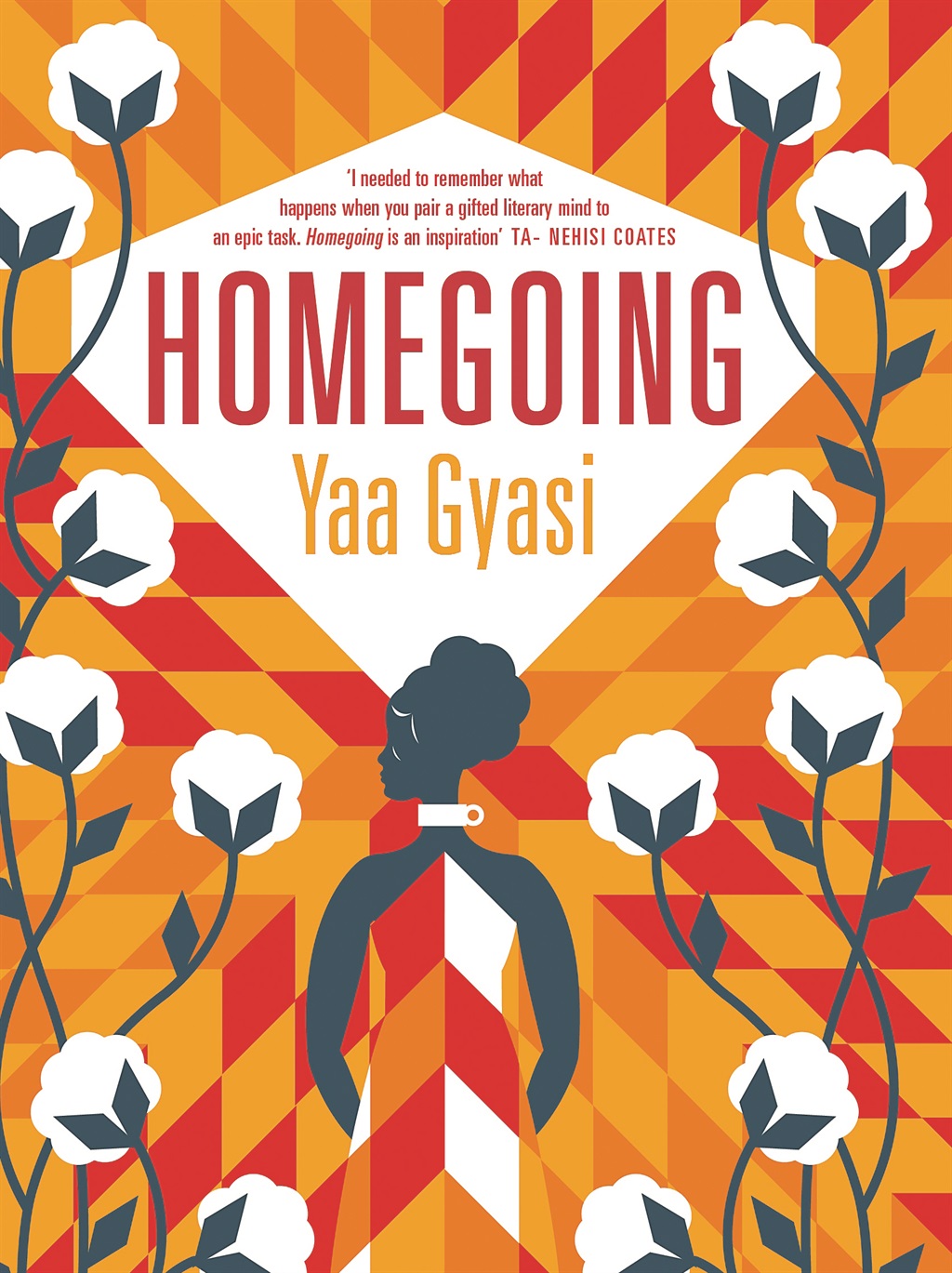
Homegoing by Yaa Gyasi
Penguin Random House
320 pages
R251 at takealot.com
. . . . .
I was hesitant to read this novel. For one thing, there was so much hype around Ghana-born, US-raised Yaa Gyasi’s debut; for another, I was near-saturated with reading contemporary works about slavery.
But I retract my eye-rolls without hesitation.
By the time I finished the book, I had to agree that Gyasi had found a remarkable way to relate the horrors of slavery.
Set on two continents, Homegoing paints a panoramic 300-year portrait of one family severely affected by slavery.
Beginning in the mid-1700s, the book follows the lives of half-sisters Effia and Esi, who do not know of each other’s existence.
One is married off to a wealthy British governor, James Collins of Cape Coast Castle in Ghana, while the other is sold into slavery.
Effia lives out a life of luxury in the castle, unaware of the slaves imprisoned in the dungeons below – among them, Esi.
But Effia has problems, too. She appreciates her life but yearns to return to her childhood village.
Feeling oppressed at being allowed to speak only English, she is desperately trying not to lose her identity.
A rich and complex character, Effia raises her son with the maternal love and affection that she was denied in childhood.
Meanwhile, below her, the slaves are being starved, beaten and raped before being dumped on a ship bound to set sail across the Atlantic.
And Esi’s time is spent sharing folk tales as she recalls her blissful days growing up in the village.
The story takes off from there as each chapter alternates between Ghana and the US, and each takes the form of a new story told by a new character.
Over eight generations, the plot is peopled with characters detailing how each has been affected by major political events.
It is astonishing how Gyasi manages to intricately stitch complex narratives into this explosive story.
From tribal wars in Ghana to America’s Jim Crow laws and Civil Rights Movement, Gyasi manages to seamlessly get these separate worlds to collide by anchoring them within Effia and Esi’s lineage.
As seemingly trivial events told in one chapter lead to surprising revelations in a subsequent one, the plot builds into a captivating crescendo.
Characters are richly delineated – some challenge your convictions, while others arouse familiar pangs of sorrow at the cruelty and inhumanity of slavery.
Gyasi’s writing style is intimate and poetic. So drawn in is the reader by her lyricism that the book is unputdownable.
The storytelling is aided by the epic tale, which transcends the slave trade tropes that a young black woman like me has had hammered into her memory since high school – unpacking themes such as the agony of displacement, the search for identity and the desire for likeness.
Gyasi has mastered how to pull you into an unknown world by making the narrative deeply personal.
The last book that enraptured me this way was Toni Morrison’s Beloved.
No small praise.




 Publications
Publications
 Partners
Partners








